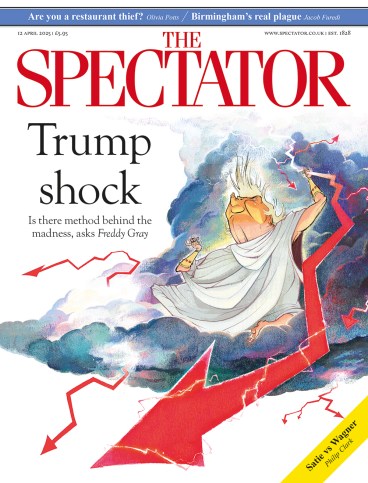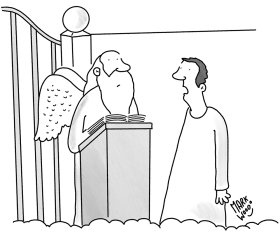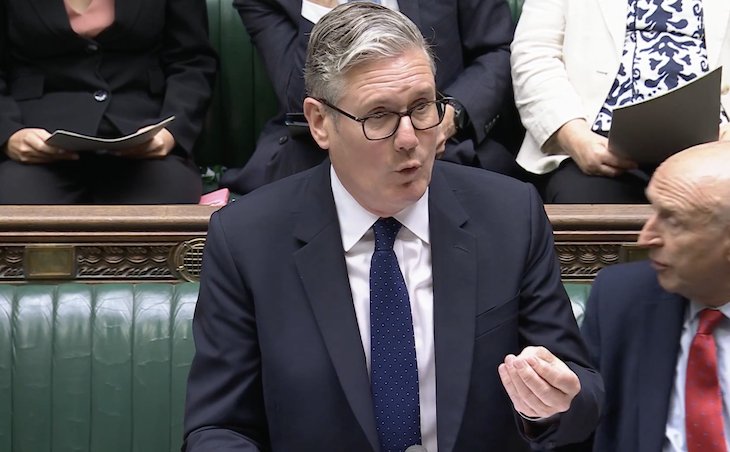
Where would racing be without Willie Mullins? Even for a man who regularly rewrites the record books, who has 17 times been Irish National Hunt Champion Trainer, has collected 113 Cheltenham Festival winners, including four Gold Cups, and who has won the Grand National twice before, his feat in training the first three in this year’s Aintree spectacular (and five of the first seven) was incredible. Only Michael Dickinson’s first five home in the Gold Cup of 1983 compares.
Yet what was different about Mullins’s success in mopping up £860,000 of the £1 million of prize money on offer was the emotional intensity. The Irish maestro is maddeningly decent: invariably modest over his successes, graceful in defeat. As the Grade Ones clock up, we have been accustomed to little more than a tipping of the trilby and a brief wave to the admiring crowds.
But this one was special. With owners, trainers and jockeys involved, racing is like no other sport in the backstories it so often provides. Nick Rockett was racing because Sadie Andrew had been in the same infants’ class as Willie. When they met at the sales 60 years later, she commissioned him to buy and train a horse for her husband Stewart, then tragically succumbed to cancer soon after seeing Nick Rockett’s first victory. Stewart and Mullins have since formed a bond, venturing to Australia together.
There was more. When Nick Rockett won at 33-1, the man in the saddle was Willie’s son Patrick, a 35-year-old amateur. Family is different. Suddenly Mr Imperturbable was overcome, in floods of tears. As he admitted after composing himself for a round of eloquent interviews: ‘I broke down completely for about 20 minutes. I just completely lost it… it is just something else to be able to leg up your son in the greatest race of all time.’ When Patrick was born, Willie looked at the size of him and said he would never be a jockey: now they have a Grand National together.
If the father is already a legend, the son is fast becoming one. These Mullinses are exceptional. Brought up on books about the National, Patrick can quote a string of stories about its past heroes and, along with being his father’s assistant in a massive operation, he has found time to ride more than 800 winners. Currently on a mission to score at each of Britain’s jumping courses, he regularly takes redeye flights on Saturday mornings, to be seen in sweatsuit and hoodie running round unfamiliar tracks to combine urgent weight loss with tactical planning. Before the National, his Aintree ride on the quirky Gaelic Warrior was a brilliant demonstration of his racing brain. Waiting until the Elbow to use his stick on Nick Rockett reflected all his study of how past Nationals have been won or lost. He is simply the best amateur rider we have seen.
But there is another talent to envy. Patrick has also been chosen by his peers as racing writer of the year. Take this example after the Mullinses’ star chaser Galopin des Champs had lost his Gold Cup crown this year to Inothewayurthinkin: ‘Adam Connolly walked Galopin around us with silence in his eyes. Paul Townend had a smile that shrugged on his face and Willie was holding his binoculars lost in his thoughts. There were still smatterings of applause around the terraces, like little bits of thunder after a storm has passed.’ When he was brought down in the Velka Pardubicka cross country, Patrick showed that he certainly does emotion, recording: ‘I want to be sick. I want to cry. I want to punch something. I can’t do any of them so I fire my helmet into the ground and shout into the wind.’

It’s not just the racing I love about the National. It’s arriving early enough to bump into Scu and Lucinda Russell walking their dogs and strolling over to Red Rum’s grave by the finishing post to get a jockey’s eye view of the finish. It’s about seeing well-tended past winners like Tiger Roll parading with their oiled hooves glinting in the sun; about meeting the Irish Guards mascot wolfhound Seamus guarding the National trophy; about chatting to the trainer of a hard-to-train National outsider who declares: ‘He’s done so much swimming that when he gets to Becher’s Brook he’ll probably jump in.’
Fortunately, this year it was also about finding two of this column’s Twelve To Follow contesting Saturday’s William Hill handicap. The 11-4 favourite Imperial Saint jumped like a stag but the 10-1 Cruz Control, who’d been out of sorts on his last two runs, passed him after the last to take the race for the second year running. ‘If he comes good like this once a year that’s good enough for me,’ said his cheery jockey, Stan Sheppard. Me too, with the Exacta paying £57 on the pair.







Comments